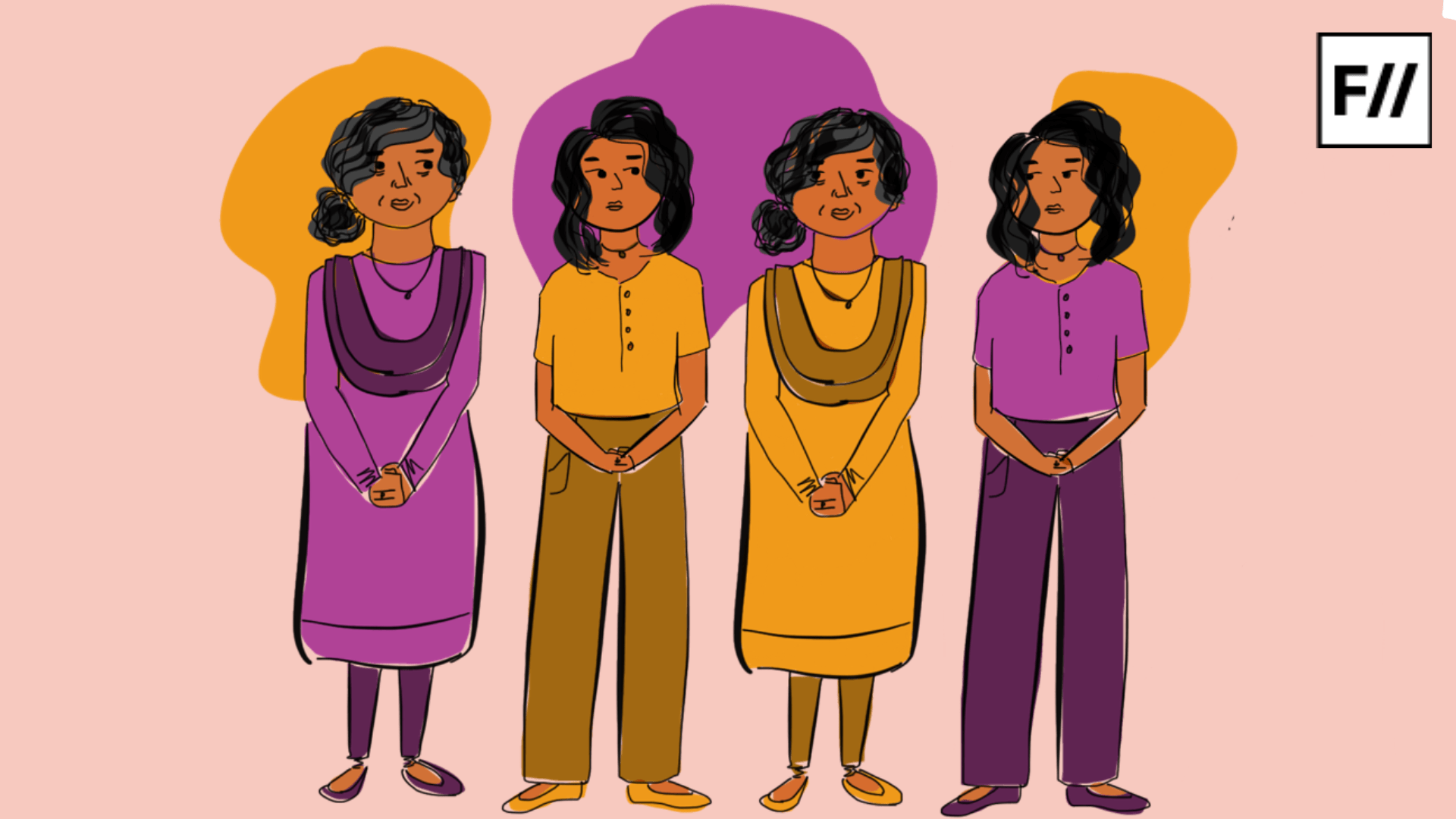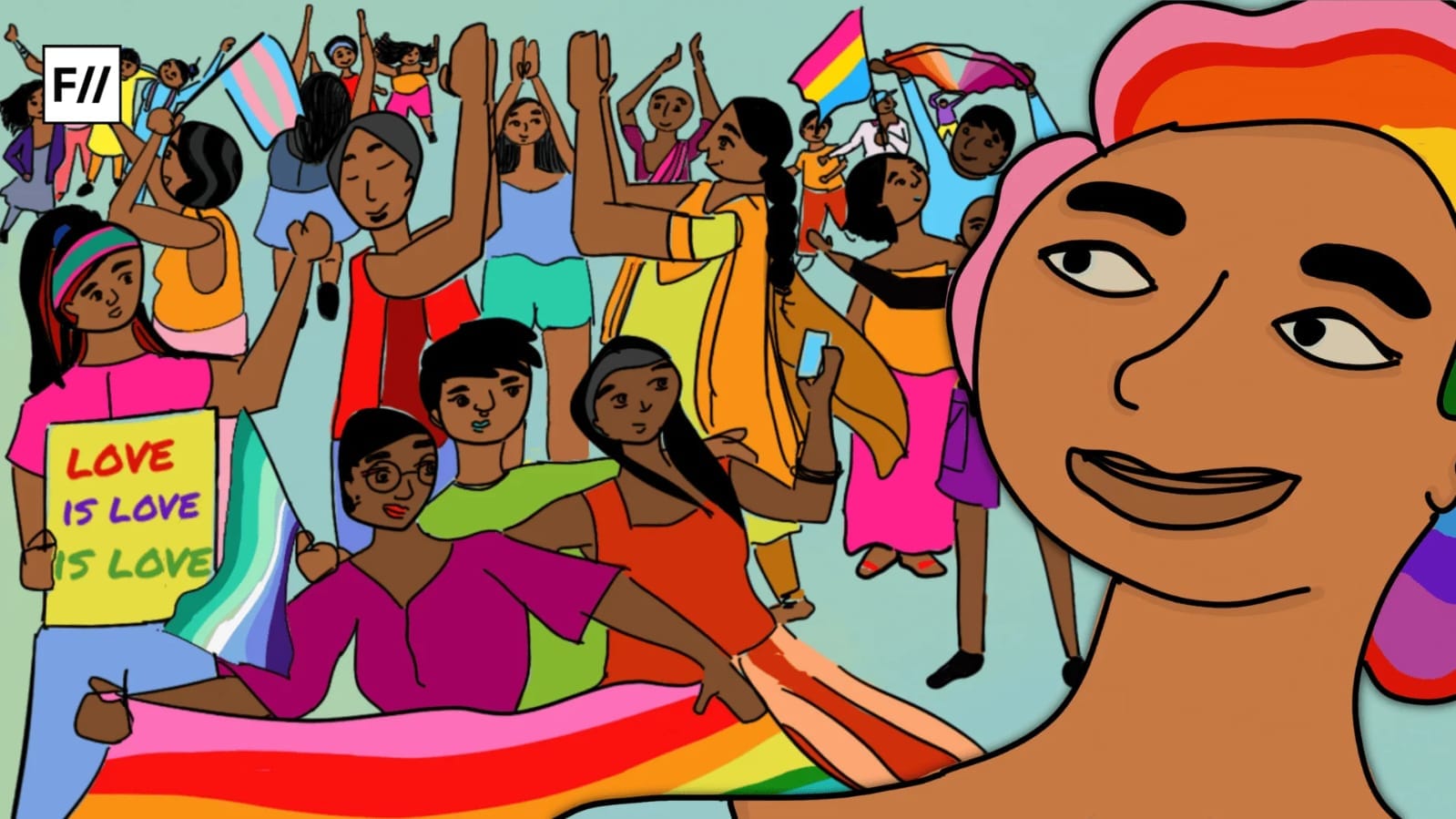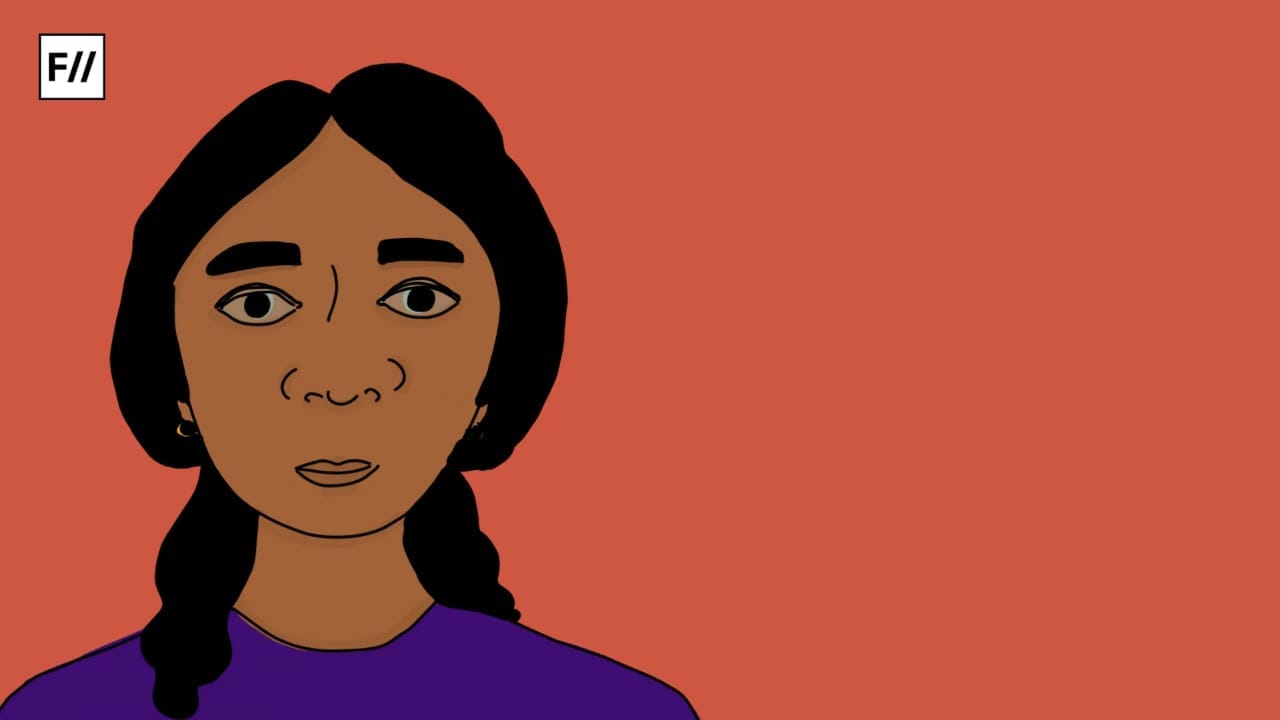It’s the stuff nightmares are made of, that moment someone tells you “You are exactly like your mother!” Why does this comparison elicit such rage, shame, and fear that they might be correct? Why is this even a thing? Even women who were fortunate enough to grow up with mothers whom others (and possibly even they themselves) thought were perfect, will reveal stories triggered by unconscious patterns they picked up.
All parents have both positive and negative influences on their children, which cannot be avoided. Youth, like pristine glass, absorbs its handlers’ imprints. Some parents smudge their brows. Others are brittle. A few shattered childhoods into jagged little pieces that could never be repaired. But what is it about being compared to your mother that is so infuriating?
All parents have both positive and negative influences on their children, which cannot be avoided. Youth, like pristine glass, absorbs its handlers’ imprints. Some parents smudge their brows. Others are brittle. A few shattered childhoods into jagged little pieces that could never be repaired. But what is it about being compared to your mother that is so infuriating?
Also read: Just A ‘Normal’ Mother-Daughter Relationship: Invisibilised Parental Abuse
The Vulnerability
In the 2019 film Marriage Story, in one of the highly fraught scenes in which the two protagonists altercate, the husband, played by Adam Driver, compares his wife, played by Scarlett Johansson, to her mother. “First of all, I love my mother, she was a wonderful mother.” she responds. It’s only a split second before she yells, “Secondly, how dare you compare my mothering to my mother!”
What we can surmise from that statement is that she has previously discussed her mother’s flaws and what she dislikes about her with him. But we also know that she is always proud of her mother. It’s frustrating to see someone tell you that you’re just like your mother in a demeaning way. You are aware that your mother may not have been at her best with you, but that does not weaken her integrity; and another person doing so is clearly aggravating.
Hearing the assertion causes an immediate disassociation. Growing up, we always promised ourselves that we would be better parents than our parents. But as you get older, you realise that you have subconsciously picked up on details from your parents, whether you like it or not.
That is, I believe, what we mean when we say that this mother-daughter relationship is a complex one, and the handing down of qualities is a fragile and unavoidable situation.
The Guilt
Another dimension that complicates this rabbit hole of admiring your mother but hating being compared to her is a feeling of guilt. You know she is not exactly ideal, but here’s the thing: no one is. You’ve lived under the same roof for so long, with the same oppressive constructs and traditional codes, that you finally empathise with the other woman in your house rather than getting mad at her. You’re aware of her difficulties, unfulfilled dreams, and the limitations she encountered when raising you.
Being compared to your mother might not be that bad after all. For nothing else, you’ve both been through the same patriarchal structures and emerged unscathed.
For your mother, the frustration is compounded by the added burden of parenting. My mother was in her early twenties when she became pregnant with me. Being subject to so many serious responsibilities at such a young age would undoubtedly result in behavioral changes that she does not approve of. And, because of the nature of parenting and raising a kid, it will be mirrored in you and your subconscious outlook. There is no right or wrong approach here.
Greta Girwig’s Lady Bird is one of the recent films to capture this essence of complex mother-daughter relationships. The film is all about Lady Bird (Saoirse Ronan) and her life, but scenes with her mother (Laurie Metcalf) remind us why Lady Bird is the way she is.

Why is she so emotionally vulnerable; why is she so impulsive, ardent, and spontaneous. Given Lady Bird‘s unpredictable demeanor, we know she would erupt if anyone said to her, “You’re just like your mother.”
Also read: Why Do Mothers Body Shame Their Daughters?
The Future
According to Mitch Albom’s 2009 book The Five People You Meet in Heaven, parents rarely let go of their children, so children let go of them. They move on. They move away. Children do not realise until much later that their experiences and achievements are built on top of the stories of their mothers and fathers, like stones upon stones. The moments that used to describe them – a mother’s acceptance, a father’s confirmation – have been replaced by moments of their own success.
Children do not realise until much later that their experiences and achievements are built on top of the stories of their mothers and fathers, like stones upon stones. The moments that used to describe them – a mother’s acceptance, a father’s confirmation – have been replaced by moments of their own success.
I suppose what concerns me about this dilemma is that if I intend to raise a daughter of my own someday, this pattern will repeat itself. It is not what I want, and it is not something that someone else does. However, it becomes unavoidable due to its strong force of nature. I don’t want my daughter to get defensive and enraged if she is ever compared to me. It’s quite unforeseen, and I’m at a loss for words right now.
My mother, I think, did the best she could as a parent with the emotional consolement she had from our family. Given that, I also feel that it is fitting to disagree with her decisions. I have let go of my anger, resentment, and longing for something that will never come true.
It is said that it takes three generations to break a loop.
In a male-dominated social structure where a mother is seen as a martyr for suffering and sacrificing, I’m not sure how many generations it would take to break the loop of daughters being enraged because someone compared them to their mother.
Amya Roy (she/her) is a writer and editor from New Delhi, India. She has written about feminism, women’s health, cinema, books and lifestyle, currently focusing more on narrative journalism and longform writing. Along with volunteering with different NGO(s) working for women and children, she helps in editing and proofreading at various small-scale publications. You can find her on Twitter and Instagram.
Featured image source: Ritika Banerjee/Feminism In India




